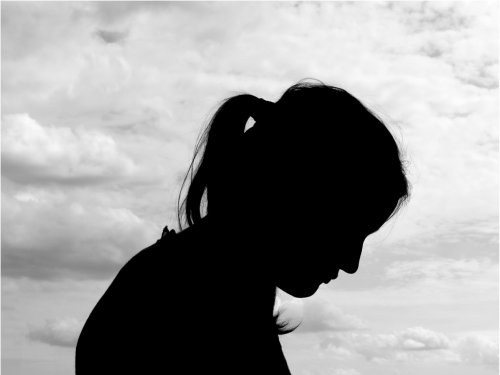
If you or a loved one suspect you may be suffering from Clinical Depression, you may find yourself overwhelmed and confused. This article is designed to walk you through the warning signs of Clinical Depression, a definitive diagnosis and what it will mean in the days ahead, as well as the effects that Clinical Depression will often create in ones life. We will finish by illustrating various methods of treatment for this complex, yet curable disorder.
To begin, let us look at the American Psychiatric Association’s reference on mental health disorders, called the DSM IV, which can be found at psyweb.com. Clinical Depression, which the APA names Major Depressive Disorder, carries a clinical definition of having a depressed mood with loss of interest in normal activities, continuously, for at least a 2-week period of time. This state is not related to use of substances or any other medical or psychiatric condition, nor can it be attributed to recent grief. Clinical Depression symptoms impair your daily functioning and can interfere significantly with your personal life and work endeavors. It is important to understand that this is a medical condition resulting from an imbalance in brain chemicals, not just a mood you can snap out of.
Identifying the Signs and Symptoms of Depression
In order to understand this disorder, you must first have the ability to identify the warning signs of Clinical Depression. Mayoclinic.com asserts that these markers may include:
- Loss of interest in daily activities
- Persistent sadness or feelings of emptiness
- Sleep disturbances
- Significant weight loss or gain
- Loss of concentration
- Fatigue
- Suicidal thoughts or behavior
Clinical depression is often referred to as the common cold of mental health. however, don’t allow this dismissing verbiage to deflect the validity of this disorder. just as a common cold requires medical treatment, Clinical Depression warrants attention as well.
Now that you can identify the signs and symptoms of depression, you are prepared to make sense of what this diagnosis means to you and what you can do to combat your Clinical Depression symptoms.
Understanding Your Clinical Depression Diagnosis
The effects of Clinical Depression vary from patient to patient but you and your clinician will be able to work together to treat your disorder. Numerous anti-depressant and anti-anxiety medications are on the market and tout proven results. Oftentimes, you can expect a series of counseling sessions to come to terms with any issues that have sparked this disorder, as well as methods for coping with them. Learning ways to handle your own Clinical Depression symptoms can give rise to notable improvement and eventual recovery.
Some patients may experience relief immediately upon administration of the appropriate medication. however, for others it may be necessary to try a few types or combinations thereof, to uncover what will work to ease their depressive symptoms. in light of this, it is crucial that you remain hopeful and continue to trust in your clinician and his or her therapeutic orders.
As you navigate your treatment and recovery, there are many resources at your disposal. Learning more about what is happening to you will be of great use in remaining an active, informed participant in your recovery. Visit your local library for various books regarding Clinical Depression, or visit sites like Emedicine Health or Psychcentral for more information. Also, keep checking back here at FYI Living for an ever-expanding base of information designed to keep you up to date on the latest mental health issues affecting you.